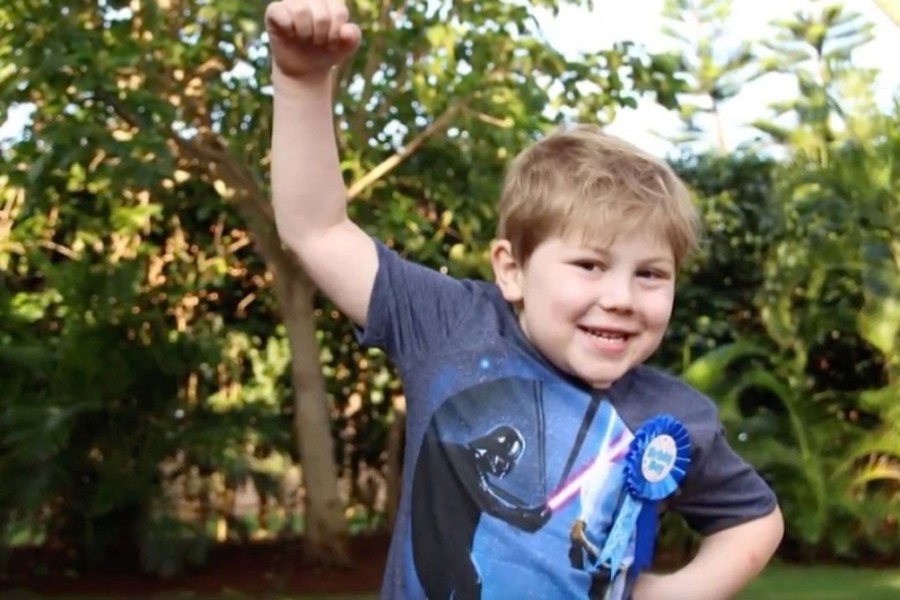Oxford Dictionaries says a six-year-old
Levi Budd, a Grade 2 student at St. Michaels University School, coined “levidrome” to describe a word that forms another when spelled backward, like pool and loop, or spit and tips. With media and celebrity attention, the word has been gaining attention, according to Times Colonist.
In a video posted Thursday by the Oxford Dictionaries team in
“It’s such a positive story for so many,” said Levi’s father, Robert Budd. “The reward is that so many people are now engaging with language and isn’t it lovely that it all started with an observation from a six-year-old boy asking ‘what do we call that.’ And that’s what being a kid is all about — making sense of the world around you.”
The word levidrome needs to evolve into ordinary usage,
“Then all we do is wait and hope people keep using your word,” Juganaru says in the video. “We have a list of all the words we want to keep an eye on and levidrome is on that list.
“In a year or so, if lots of people are still using your word, it might well get into our dictionary.”
Budd, an oral historian, had originally proposed the word to dictionary publisher Merriam-Webster.
Told the word had to be in regular use, the family created a video explaining the word and its origin and posted it to YouTube.
Levidrome has already been added to the crowd-sourced online Urban Dictionary, which began in 1999 as a dictionary of slang words and phrases. On Wednesday, it was included in Merriam-Webster’s online “open dictionary” of new words and slang.
A palindrome describes a word that can be spelled backwards or forwards, such as
Robert Budd said he and his wife believe in getting involved in their children’s interests. “If your kid loves Pokémon, learn everything you can about Pokémon.”
Budd said the popularity of his son’s story is likely based in a few simple themes about childhood curiosity and wonder, a love of literature and words, and how an idea can grow.


